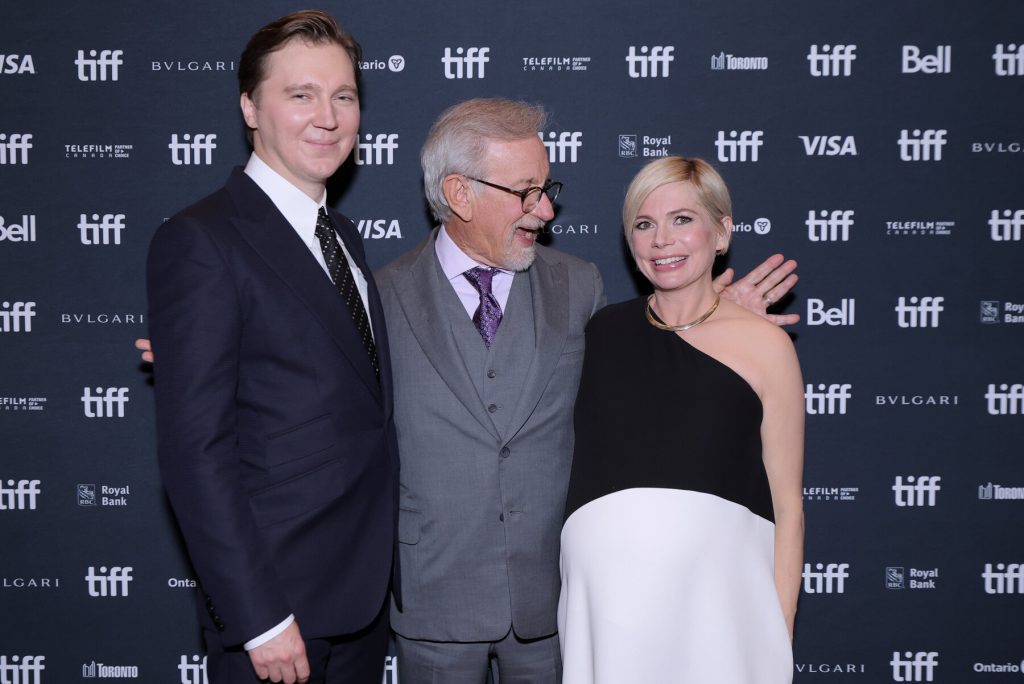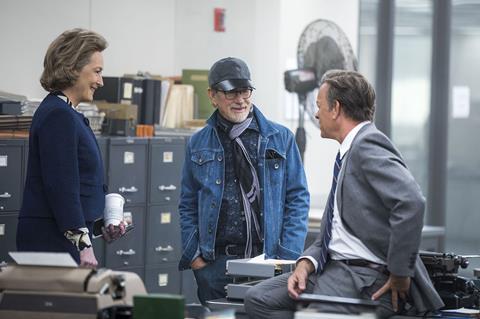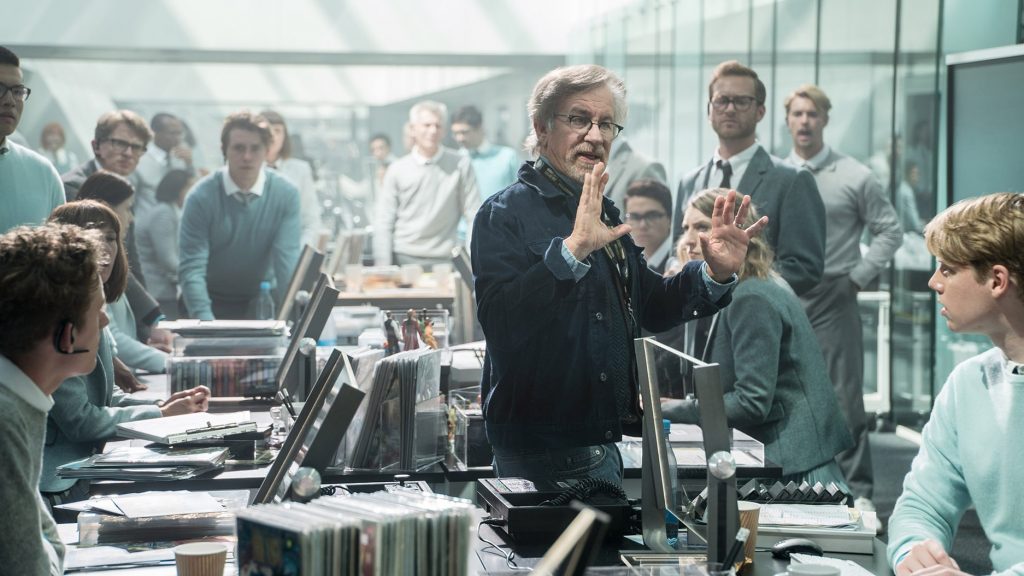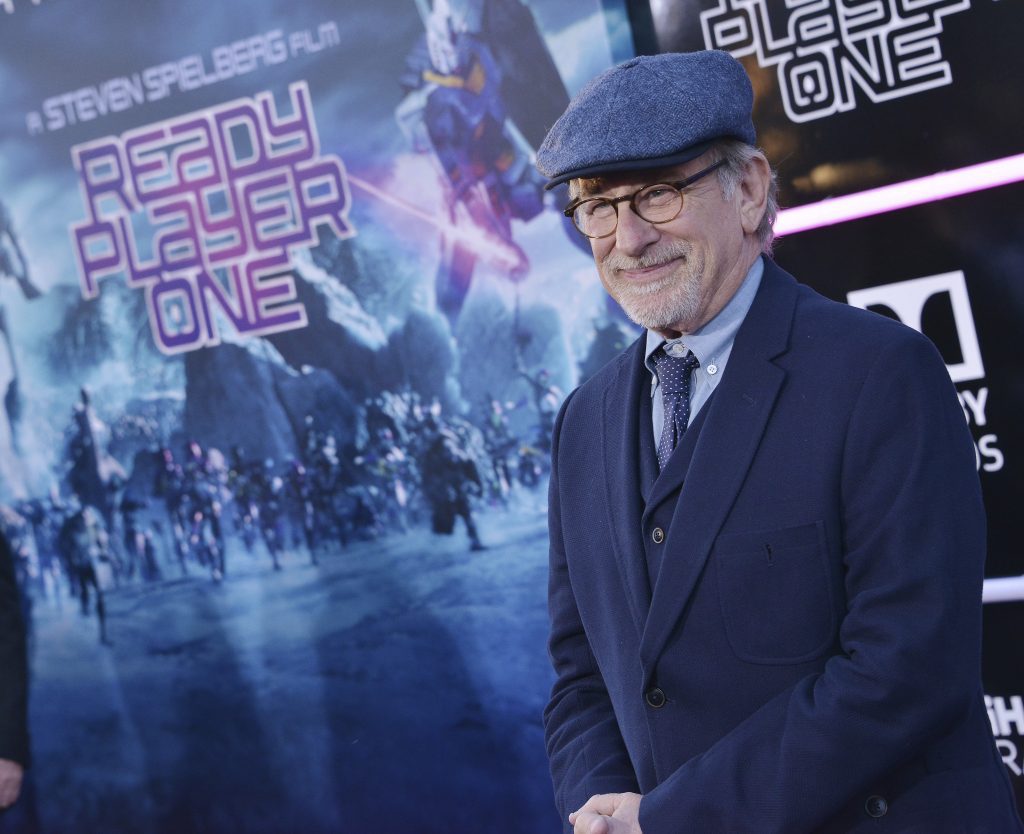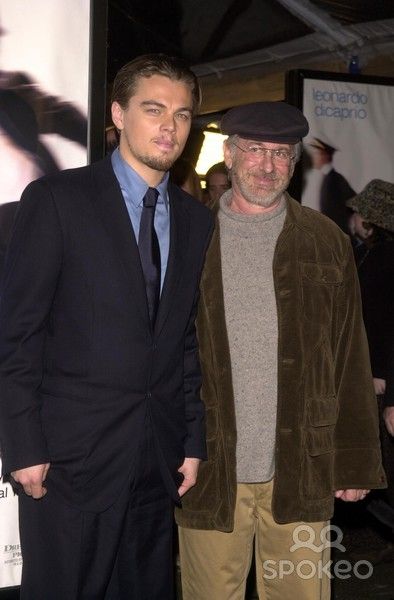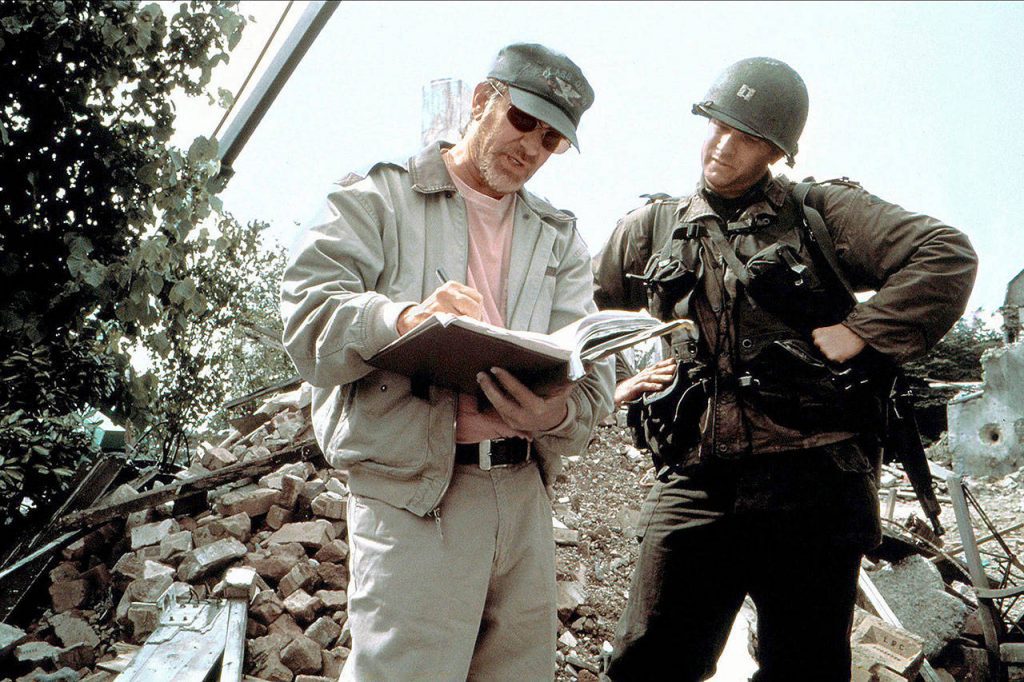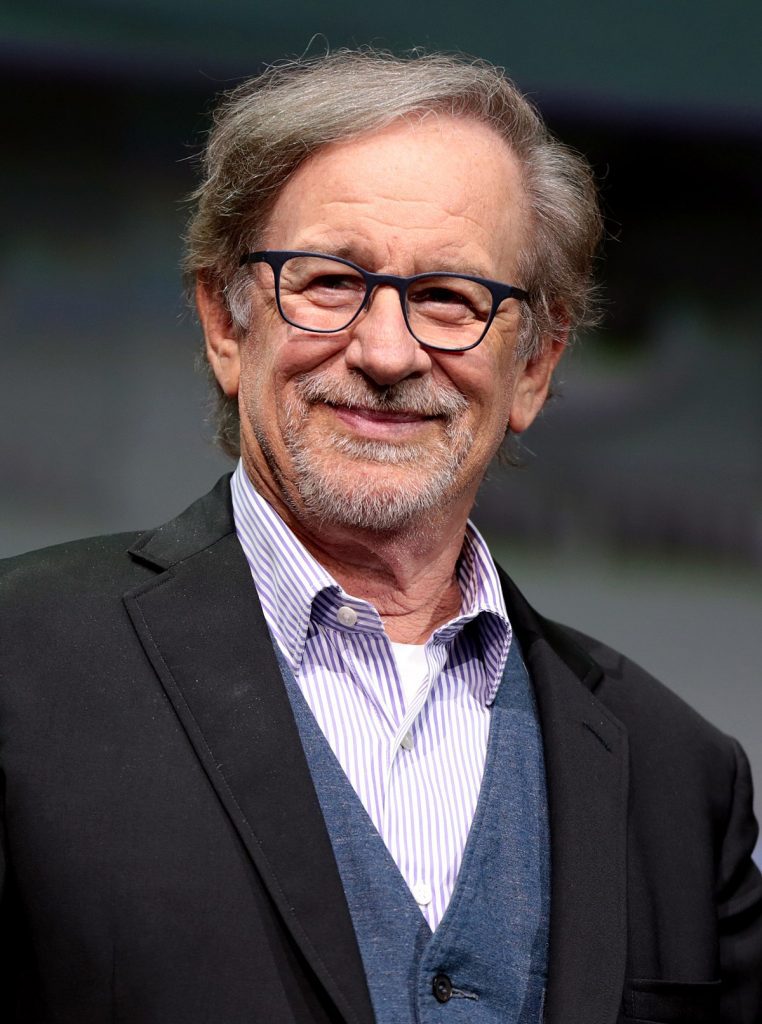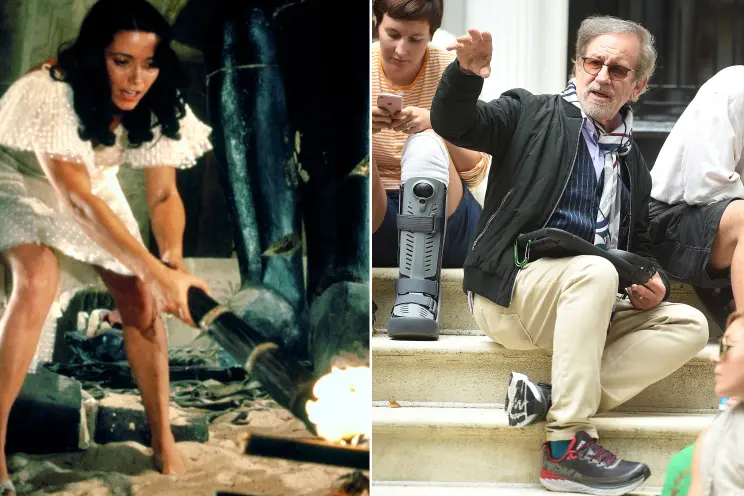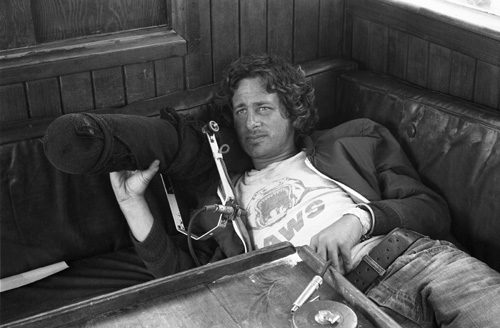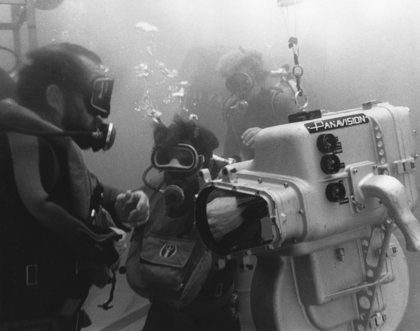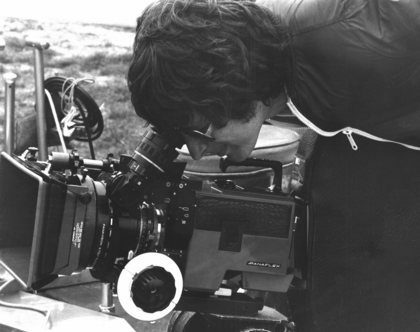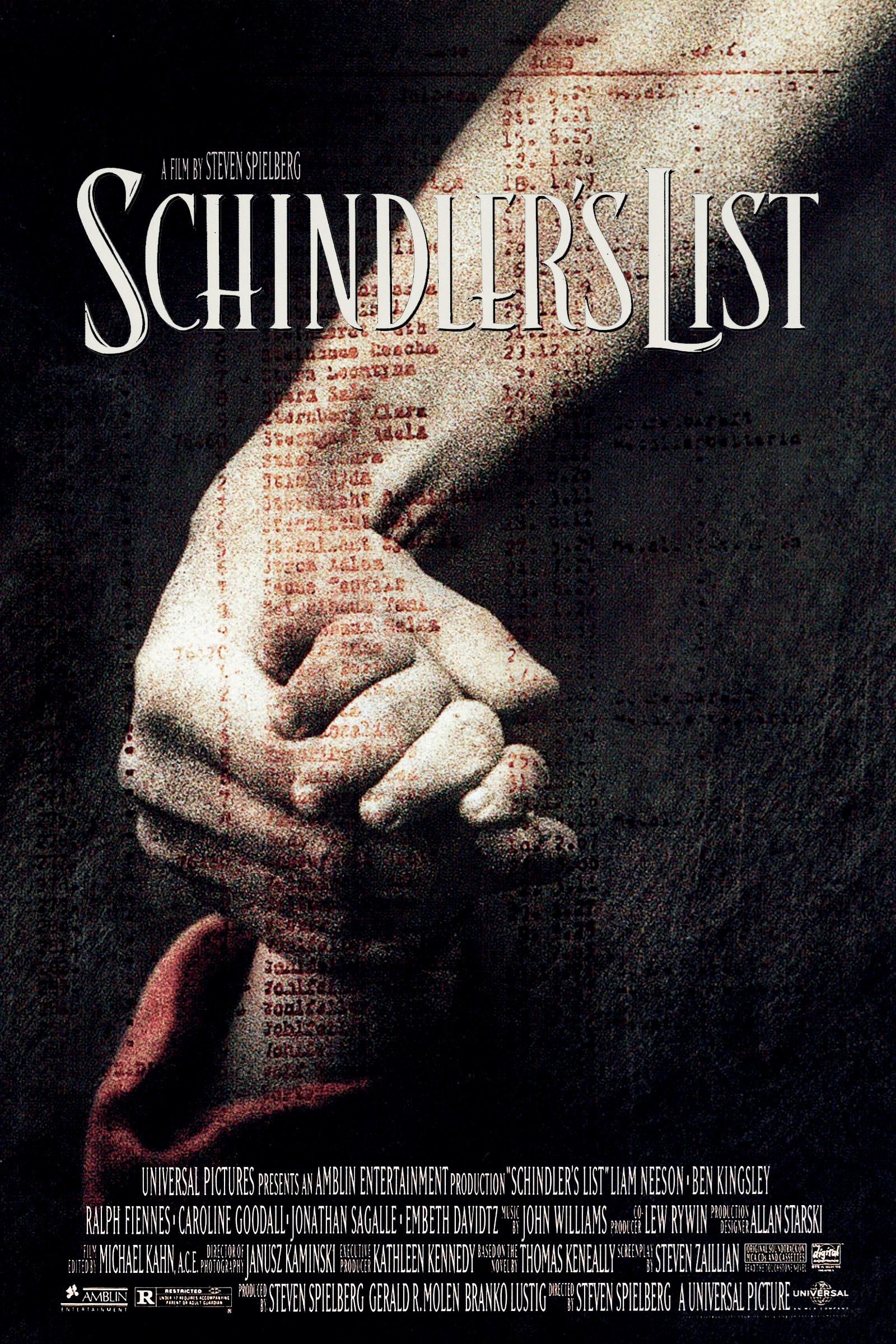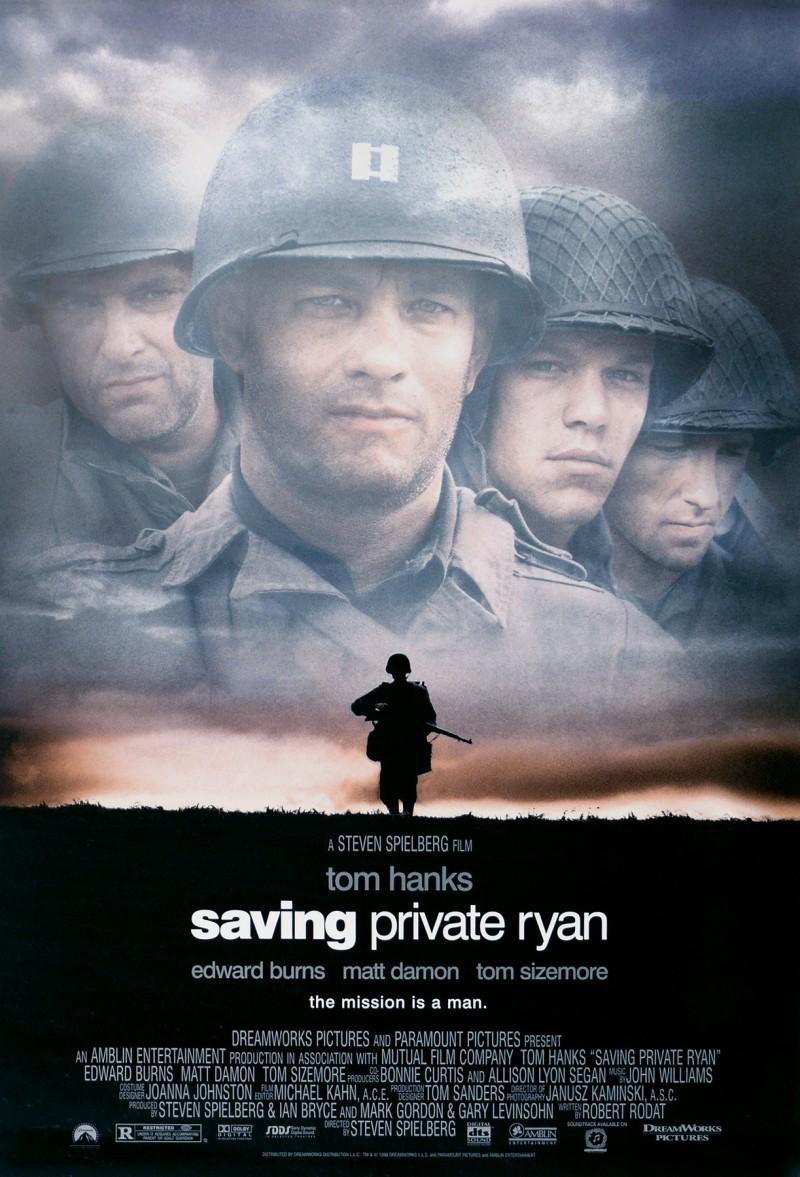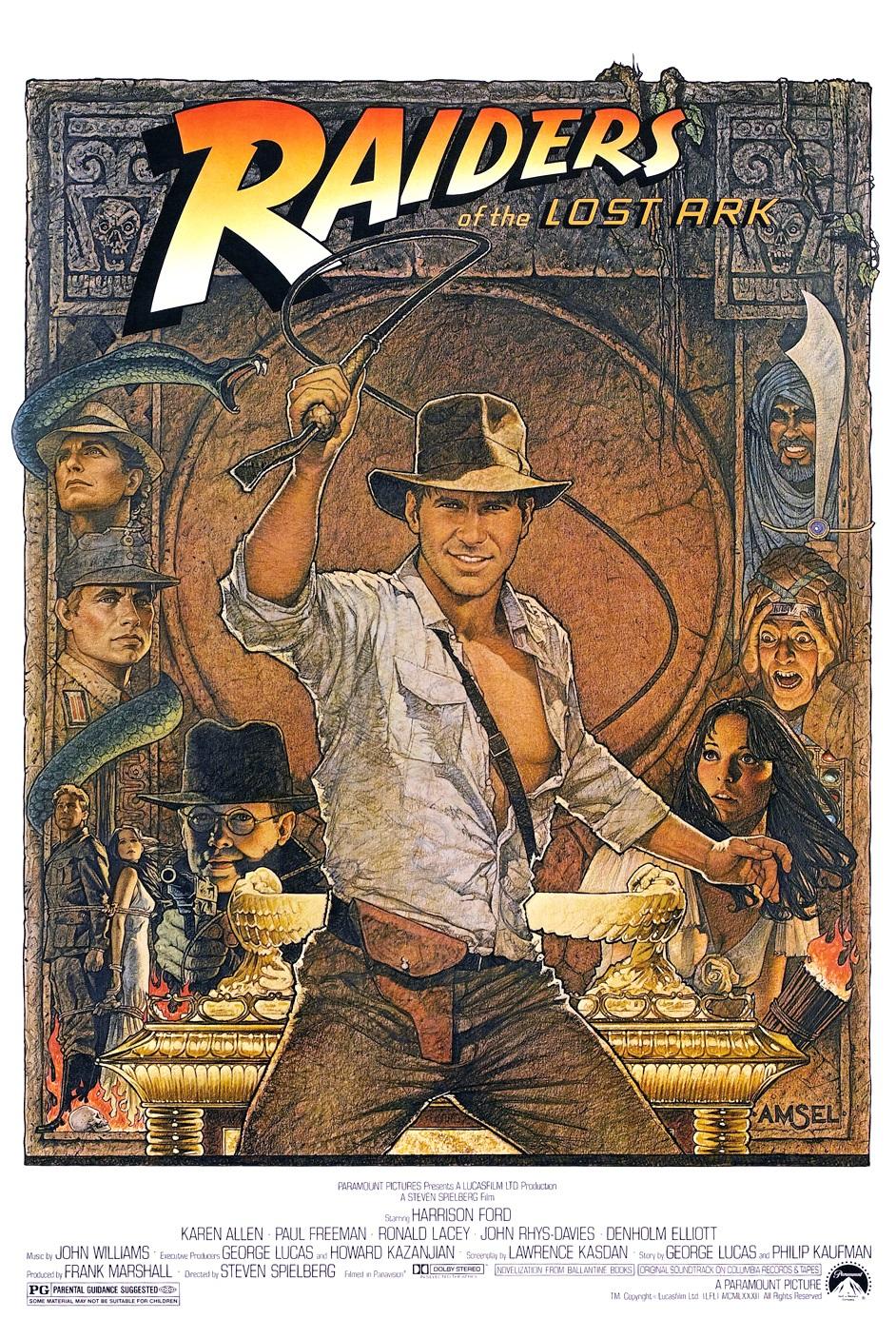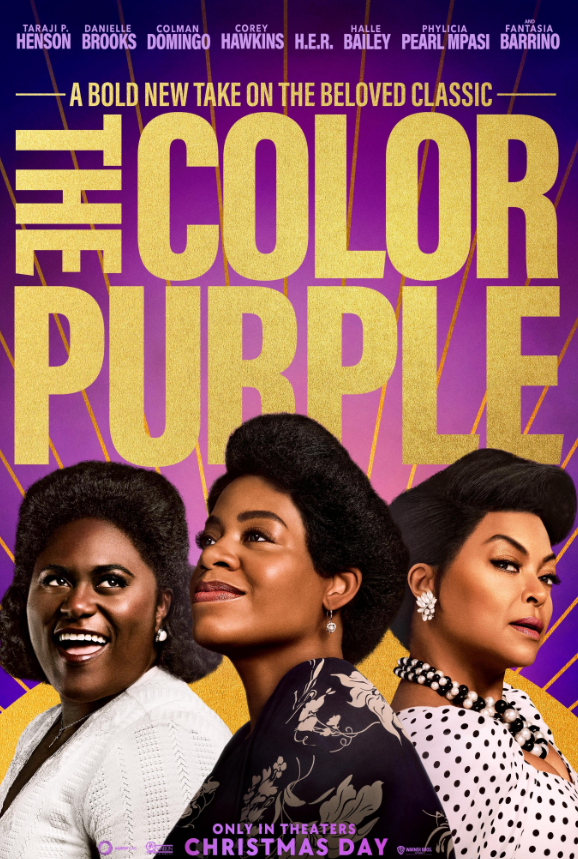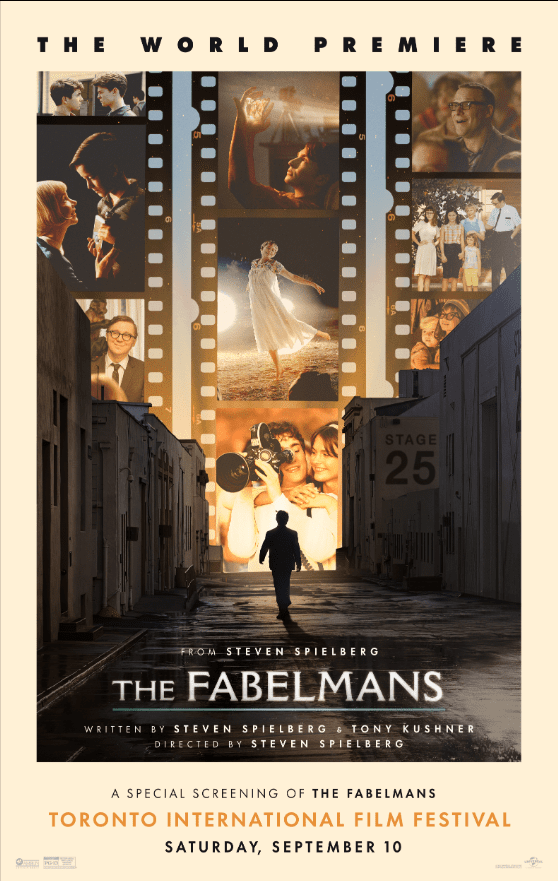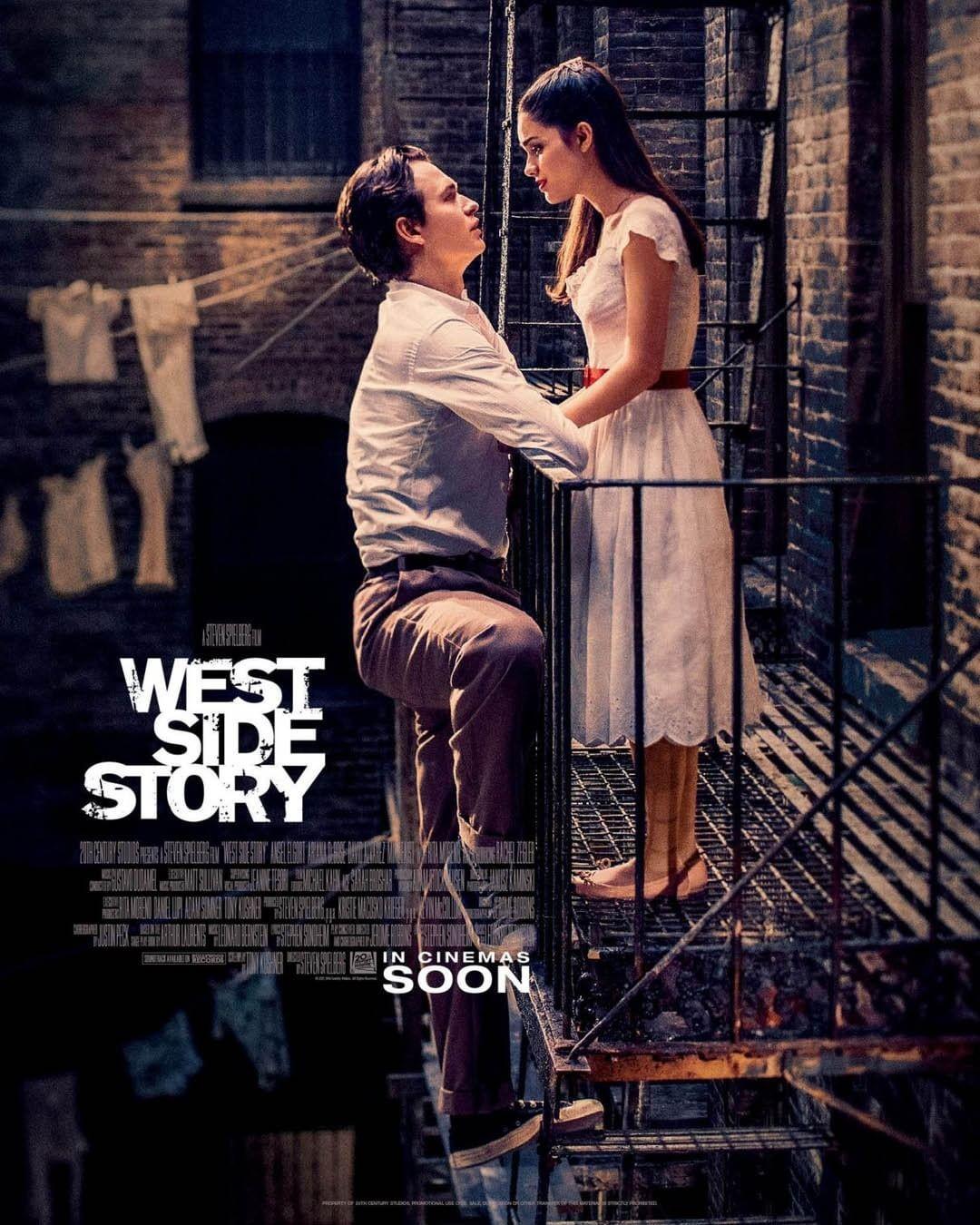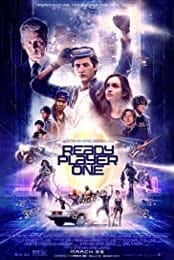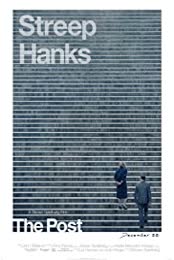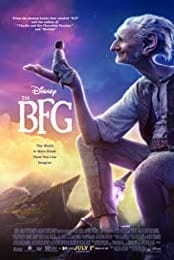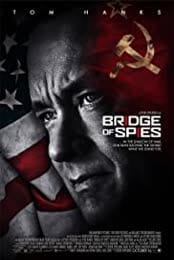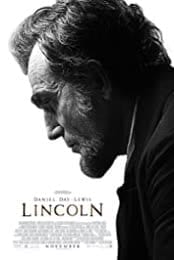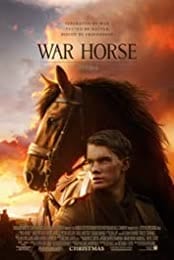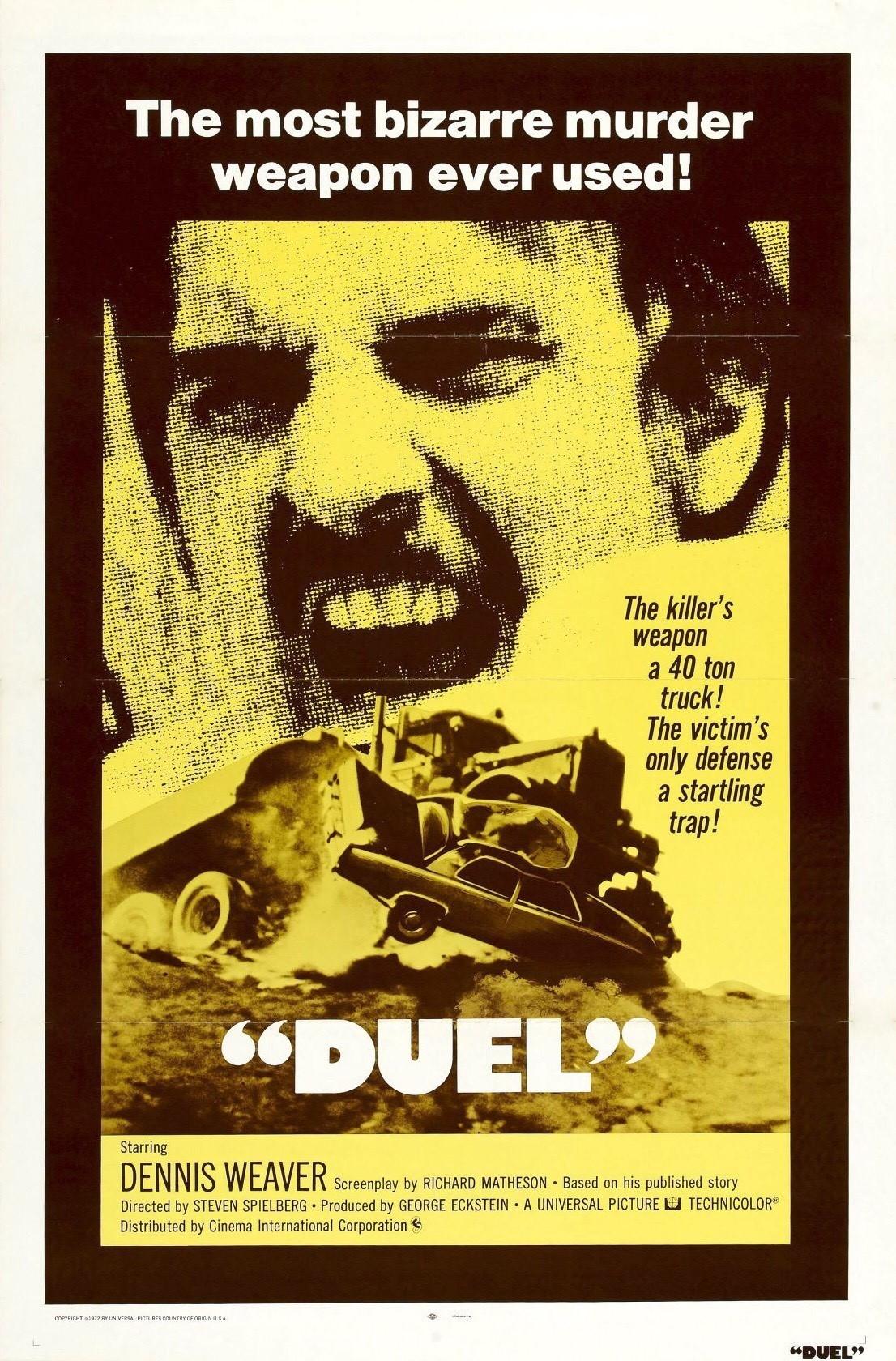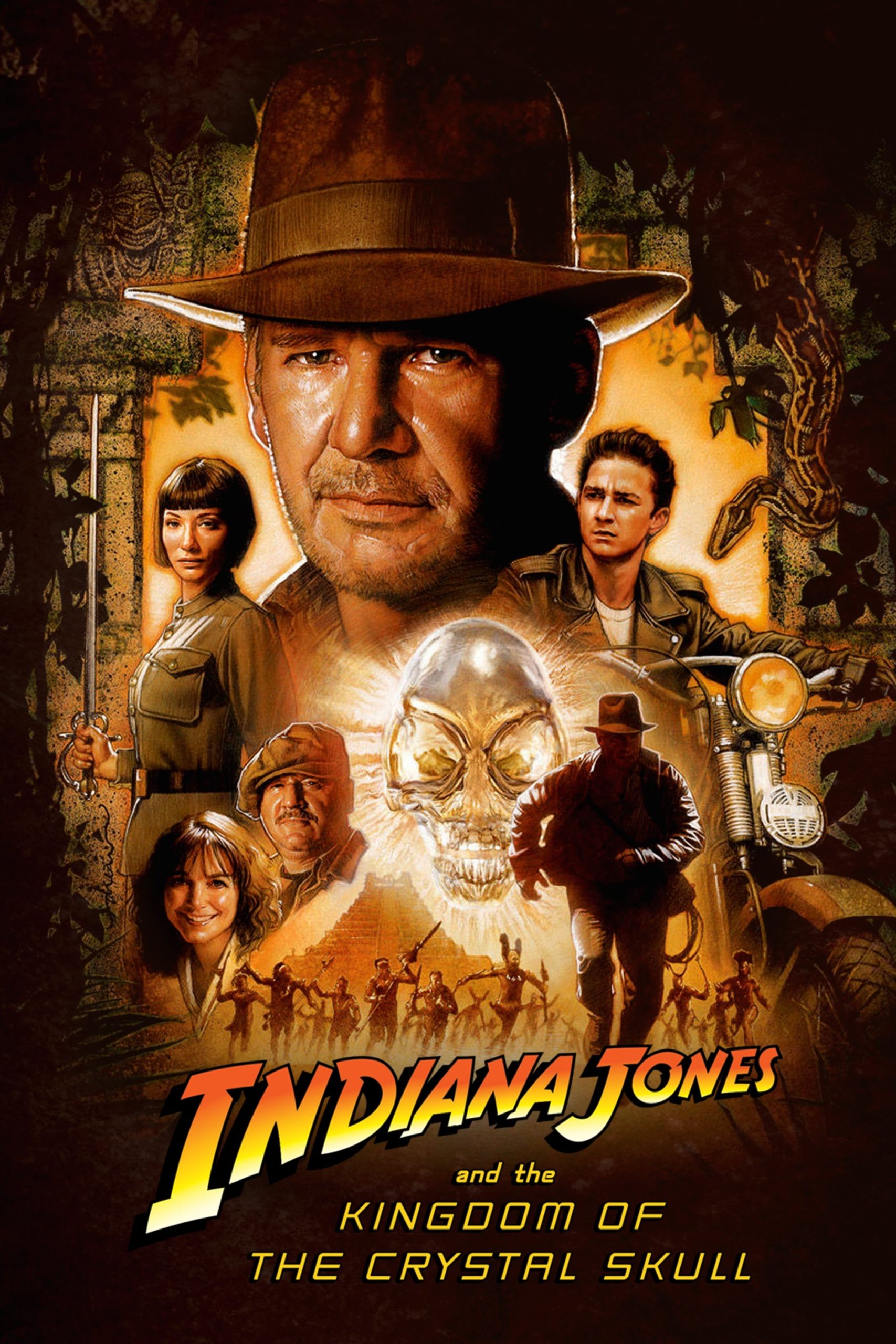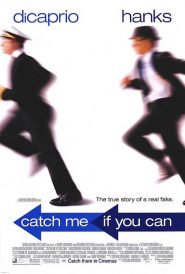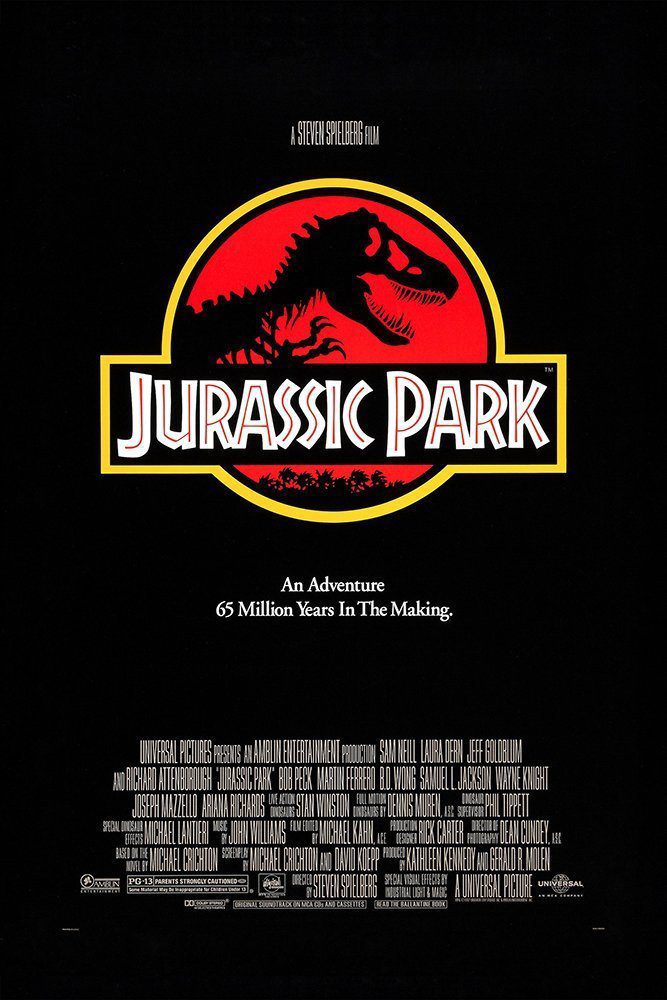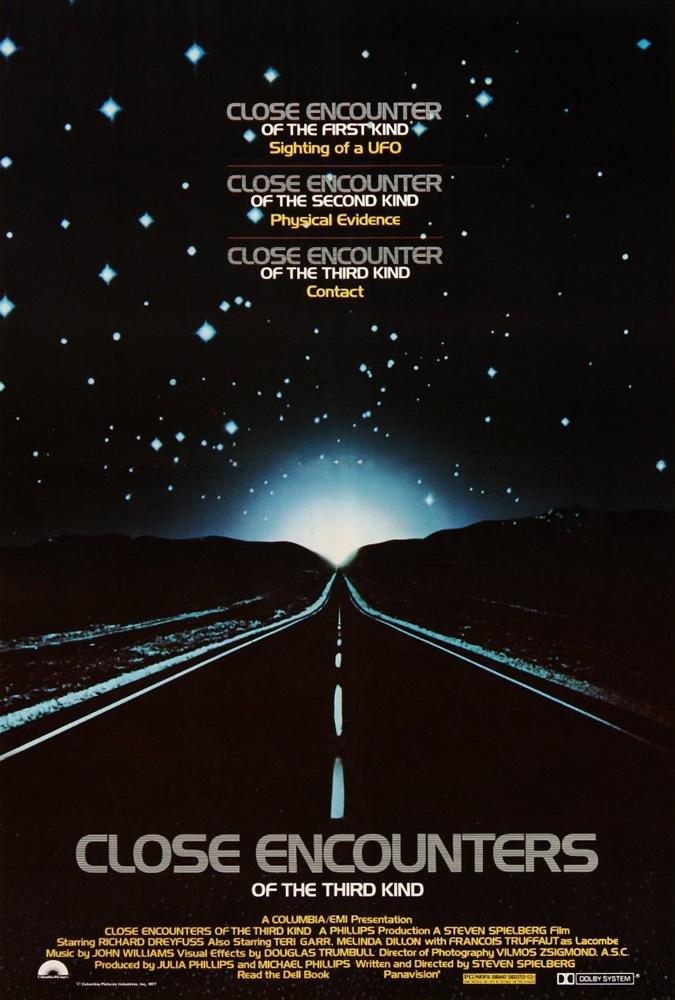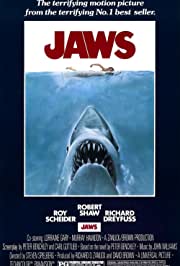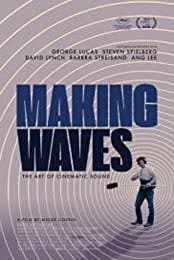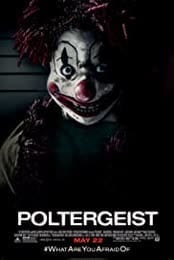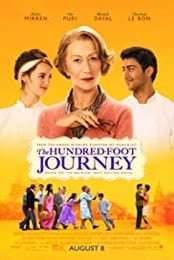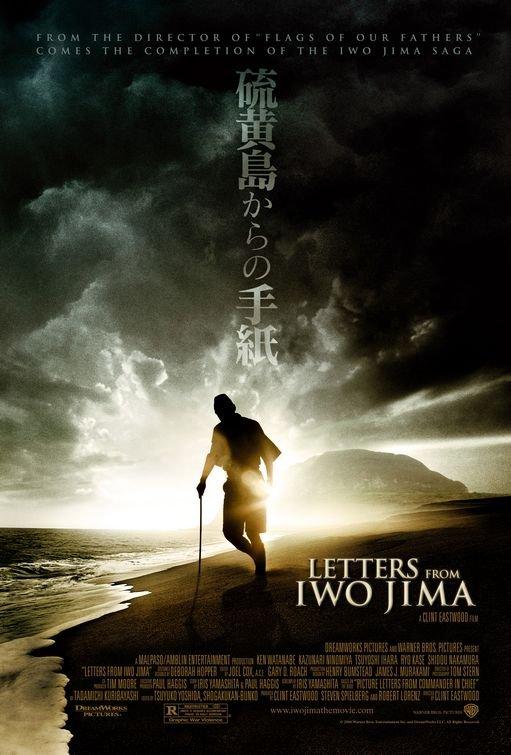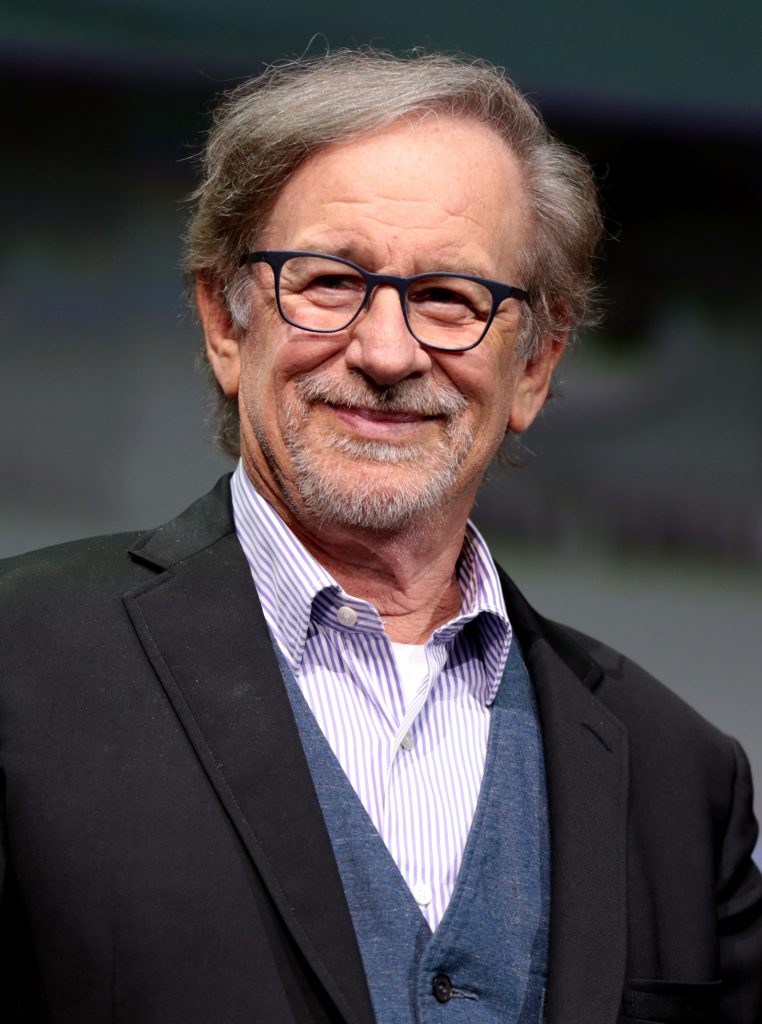
Steven Spielberg
Birthdate: Dec 18, 1946
Birthplace: Cincinnati, Ohio, USA
Steven Spielberg (birthname: Steven Alan Spielberg) is arguably the most important American filmmaker of his generation but is indisputably the most successful—not only of his generation but in cinema history. With only his second film, Jaws (1975), Spielberg ushered in the blockbuster era, fundamentally reshaping the contours of the commercial movie landscape.
He can also boast the longest sustained directing-producing career at the highest level for over five decades—far surpassing the careers of the Classical Hollywood directors whom he has long honored. After making nearly twenty of his own homemade and independent movies as a teenager, Spielberg experienced an unprecedented entry into professional filmmaking, contracting with Universal Studios for a seven-year director contract, the youngest (at age 22) to ever receive such a contract—even before graduating from university (and having been rejected from the renowned USC film school).
After cutting his teeth directing episodic TV for Universal on several hits shows (Columbo, Marcus Welby, M.D., The Name of the Game), Spielberg had a chance to make a handful of made-for-TV movies, one of which—the tense thriller, Duel (1971), starring Dennis Weaver—was the director’s first acclaimed movie. The project set him up for his first Universal theatrical feature which premiered at the Cannes Film Festival (and still Spielberg’s only Cannes competition film), where it won Best Screenplay, The Sugarland Express (1974), with Goldie Hawn, Ben Johnson, William Atherton, and Michael Sacks.
Despite Sugarland’s box office failure, it earned Spielberg enough goodwill to land him the directing spot for the highly anticipated movie version of Peter Benchley’s huge best-seller, Jaws (1975), whose spectacular box office returns launched the start of the blockbuster era (an unprecedented $476.5 million) and with a cast lacking huge movie stars: Roy Scheider, Robert Shaw, Richard Dreyfuss, Lorraine Gary, and Murray Hamilton. Few movies in film history--as Jaws did for Spielberg--have allowed a director to essentially write his own ticket to make just about any movie he/she wanted to make.
That movie for Steven Spielberg was the extraordinary sci-fi adventure, Close Encounters of the Third Kind (1977), for some the quintessential Spielberg movie that combines spectacle, fascinating character development, an Everyman’s adventure, and a national saga that goes international. Starring Richard Dreyfuss (who won the Oscar that year, but for The Goodbye Girl (1977), not for his amazing turn here), Teri Garr, Melinda Dillon, and French director Francois Truffaut, Close Encounters firmly established Spielberg (Oscar-nominated for director even though his movie failed to be Best Picture-nominated) as one of Hollywood’s major filmmakers, with another blockbuster earning $306 million globally.
Despite its reputation as a failure, Spielberg’s wartime satire, 1941 (1979), grossed nearly triple ($95 million) its costs ($35 million), and starring Dan Aykroyd, Ned Beatty, John Belushi, Lorraine Gary, Murray Hamilton, Christopher Lee, Toshiro Mifune, John Candy, Warren Oates, Treat Williams, and Nancy Allen. Spielberg launched his first franchise with Raiders of the Lost Ark (1981), his third blockbuster ($390 million global), starring Harrison Ford, Karen Allen, and Denholm Elliott.
The following year, Steven Spielberg directed and co-produced (with longtime production partner Kathleen Kennedy) one of his most beloved movies and embraced by audiences as a contemporary family classic, E.T. the Extra-Terrestrial (1982), co-starring Dee Wallace, Henry Thomas, Peter Coyote, Robert MacNaughton, and Drew Barrymore, surpassing the box-office total of Star Wars (1977) to become then the top-grossing movie of all time for a global take of $795 million, winning four Oscars and becoming the fourth Spielberg movie (in eight years!) to be selected to the U.S Library of Congress's National Film Registry.
Spielberg’s sequel, Indiana Jones and the Temple of Doom (1984), with new cast members Philip Stone, Amrish Puri, and Roshan Seth, nearly matched the original’s worldwide box office for a total of $333 million, or 12 times costs. Steven Spielberg shifted to more serious material, adapting Alice Walker’s contemporary classic novel, The Color Purple (1985), starring Whoopi Goldberg, Danny Glover, Oprah Winfrey, Margaret Avery, Laurence Fishburne, and Bennet Guillory, and though his movie was nominated (but failed to win) 11 Oscars—including, notoriously, no Best Director nod for Spielberg (though he did win the DGA’s Best Director prize!)—it earned nearly ten times at the box office ($142 million) over price tag ($15 million).
Spielberg continued his string of serious, non-genre period dramas with his ambitious, sometimes brilliant adaptation of J.G. Ballard’s Empire of the Sun (1987), starring a young Christian Bale (in only his second screen performance), John Malkovich, Miranda Richardson, and Nigel Havers, and eventually reaching profitable numbers with a $66.7 million global gross.
Spielberg’s most modest film to date was the sentimental Always (1989), with Richard Dreyfuss, Holly Hunter, and John Goodman, earning $74 million, followed by the less-violent Indiana Jones and the Last Crusade (1989), with Harrison Ford’s Indy joining Sean Connery as his father, scoring a strong $474 million global box office.
Steven Spielberg’s first bona fide disappointment (at least for him personally) was his Peter Pan super-production, Hook (1991), starring Dustin Hoffman, Robin Williams, Julia Roberts, Bob Hoskins, and Maggie Smith, which slowly went into profit from rentals and merchandising to a number north of $300 million. The first billion-dollar hit in Spielberg's filmography is the mega-hit Jurassic Park (1993), starring Sam Neill, Laura Dern, Jeff Goldblum, Richard Attenborough, BD Wong, Samuel L. Jackson, and Joseph Mazzello, winning three Oscars, and earning the all-time box office spot with $1.05 billion.
In a remarkable 1993, Spielberg also directed and co-produced his highly acclaimed Holocaust drama, Schindler’s List, starring Liam Neeson, Ben Kingsley, Ralph Fiennes, and Embeth Davidtz, grossing a rather stunning $322 million worldwide for such profoundly grim material, and winning seven of twelve Oscar nominations, including Best Picture and Best Director.
Continuing a pattern of genre blockbusters alternating with serious dramas, Steven Spielberg proceeded with his sequel, The Lost World: Jurassic Park (1997), with new cast members Julianne Moore, Pete Postlethwaite, Arliss Howard, Vince Vaughn, and Peter Stormare, grossing nearly $619 million, followed by the intense slave drama, Amistad (1997), the first Spielberg movie to be produced and released by his co-owned DreamWorks Pictures, starring Djimon Hounsou, Matthew McConaughey, Anthony Hopkins, Morgan Freeman, Nigel Hawthorne, and Anna Paquin, grossing a very modest $58 million.
Spielberg won his second Director Oscar (one of five wins) for his acclaimed WW2 drama, Saving Private Ryan (1998), starring Tom Hanks, Edward Burns, Matt Damon, Tom Sizemore, Jeremy Davies, Vin Diesel, and Adam Goldberg, earning about seven times ($485 million) of costs ($70 million). Steven Spielberg made his own version of the sci-fi project by his late moviemaking hero and close friend, Stanley Kubrick, with A.I. Artificial Intelligence (released, ironically, in 2001), starring Haley Joel Osment, Jude Law, Frances O’Connor, Brendan Gleeson, and William Hurt, and grossing $236 million worldwide.
Continuing his ongoing interest in science fiction storytelling, Spielberg directed Kubrick’s Eyes Wide Shut star Tom Cruise in the Philip K Dick adaptation, Minority Report (2002), co-starring Colin Farrell, Samantha Morton, and Max von Sydow, earning over triple ($358 million) its costs ($102 million). Spielberg’s next two movies both produced and released by DreamWorks shifted into a lighter vein with the Leonardo DiCaprio caper, Catch Me If You Can (2002), with Christopher Walken, Martin Sheen, Nathalie Baye, Amy Adams, and James Brolin (grossing $352 million, or seven times expenses); and the Tom Hanks-starring comedy-drama, The Terminal (2004), with Catherine Zeta-Jones, Stanley Tucci, Chi McBride, Diego Luna, and Zoe Saldana, which also did fine business, with a $219 million global gross.
Steven Spielberg and the other Tom Cruise—reunited for a chilling and well-received version of H.G. Wells’ War of the Worlds (2005), with Dakota Fanning, Miranda Otto, and Tim Robbins, grossing a massive $604 million worldwide. One of Spielberg’s more important films, Munich (also 2005) dramatized the 1972 Summer Olympics hostage crisis and earned five Oscar nominations (Picture, Director, Adapted Screenplay, Editing, and Score), with an international cast of Eric Bana, Daniel Craig, Ciaran Hinds, Mathieu Kassovitz, Hanns Zischler, and Geoffrey Rush, earning $131 million—modest by Spielberg’s lofty standards.
Incredibly, the fourth Indiana Jones movie, Indiana Jones and the Kingdom of the Crystal Skull (2008), with new cast members Cate Blanchett, Jim Broadbent, and Shia LaBeouf, became the franchise’s highest-grossing title, earning nearly $791 million. In a big departure, Steven Spielberg directed and co-produced a computer-animated version of French comic artist/author Hergé’s The Adventures of Tintin (2011), (co-written by Edgar Wright) with Jamie Bell, Andy Serkis, Daniel Craig, Nick Frost, and Simon Pegg; despite a hefty $135 million price tag, the movie grossed a healthy $374 million.
In his first of four movies for Disney distribution, Spielberg directed and produced the WWI British tale (based on the Michael Morpurgo novel and the Nick Stafford stage adaptation), War Horse (2011), starring Emily Watson, David Thewlis, Peter Mullan, Niels Arestrup, and Jeremy Irvine, earning a solid $177 million and six Oscar nominations.
Spielberg’s second Disney release marked an important new collaboration with playwright-screenwriter Tony Kushner for one of the filmmaker’s most accomplished achievements—a stunning bio portrait, Lincoln (2012), starring Daniel Day-Lewis (winning the Best Actor Oscar, one of the film’s twelve nominations), with Sally Field, David Strathairn, Joseph Gordon-Levitt, James Spader, Hal Holbrook, and Tommy Lee Jones, and grossing a remarkable four times ($275 million) expenses ($65 million). Spielberg continued his string of Best Picture Oscar-nominated movies (six Oscar nominations in total) with the Cold War thriller, Bridge of Spies (2015), starring Tom Hanks, Mark Rylance, Amy Ryan, and Alan Alda, grossing four times its $40 million budget.
After the rare box-office failure—The BFG (2016), based on Roald Dahl’s 1982 novel and starring Rylance, Rebecca Hall, and Bill Hader—Steven Spielberg quickly bounced back with the journalism drama set at the Washington Post, The Post (2017), again starring Hanks, and Meryl Streep (nominated for the Best Actress Oscar), Sarah Paulson, Bob Odenkirk, Tracy Letts, Bradley Whitford, Bruce Greenwood, and Matthew Rhys; it was yet another Spielberg movie Oscar-nominated for Best Picture and making a large profit—nearly four times its $50 million price tag.
Spielberg once again returned to his favorite genre—science fiction—for his film version of the popular Ernest Cline novel, Ready Player One (2018), with Tye Sheridan, Olivia Cooke, Ben Mendelsohn, Simon Pegg, and Rylance, marking the director’s unbroken streak of sci-fi hits with a global take of $583 million. Steven Spielberg reunited with Tony Kushner to make his first musical as director-producer, a second and resplendent (and cleverly updated) version of the classic Broadway musical, West Side Story (2021), with Ansel Elgort, Ariana DeBose (winning the Best Supporting Actress Oscar, one of seven nominations including Best Picture), which was nevertheless one of the director’s box-office failures, earning only $76 million.
Spielberg returned in 2022 in a completely different mode, co-writing (with Kushner) a somewhat fictional dramatization of his childhood and early teen years, The Fabelmans (2022), starring Gabriel LaBelle, Michelle Williams, Paul Dano, Seth Rogen, and Judd Hirsch, premiering at the Toronto Film Festival, where it won the People’s Choice Award. The film marked Spielberg’s first produced screenplay since the two screen versions of his script for Poltergeist (the 1982 version directed by Tobe Hooper, and a 2015 version directed by Gil Kenan) and A. I Artificial Intelligence.
Along with his directing career, Steven Spielberg has amassed a considerable list of theatrical feature films which he did not direct but produced or co-produced (excluding executive producing credits). These include Poltergeist (1982); Twilight Zone: The Movie (1983); An American Tail: Fievel Goes West (1991); Memoirs of a Geisha (2005); Flags of Our Fathers (2006); Letters from Iwo Jima (2006); Super 8 (2011); The Hundred-Foot Journey (2014); a musical remake of The Color Purple (2023); Maestro (2023); The Adventures of Tintin: Red Rackham’s Treasure (2027); Robopocalypse (date to be announced); Intelligent Life (date to be announced).
Spielberg also has 63 feature film credits as an executive producer, including Gremlins (1984), The Goonies (1985), Back to the Future (1985), Who Framed Roger Rabbit (1988), Twister (1996), the Men in Black franchise (1997-2019), Deep Impact (1998), the Jurassic Park franchise (2001-2022), the Transformers franchise (2007-2023), and True Grit (2010).
Spielberg has also executive produced dozens of television movies and series, including several small-screen spinoffs of his feature films, including Band of Brothers (2001), We Stand Alone Together (2001), Broken Silence (2002), Price for Peace (2002), The Pacific (2010); Minority Report (2015), Five Came Back (2017), Jurassic World: Camp Cretaceous (2020-2022), Masters of the Air (date to be announced).
Gallery
Personal Details
Steven Spielberg was born and raised in 1952 in Cincinnati, Ohio by parents Arnold Spielberg (an electrical and computer engineer) and Leah Spielberg (a restauranteur and concert pianist), and reared in an Orthodox Jewish household. He is the oldest of his siblings, including three sisters, Anne, Sue, and Nancy. His family moved to Haddon Township, New Jersey in 1952.
Five years later, his family moved to Phoenix, Arizona, where he discovered filmmaking. He won an Arizona state first prize for his 40-minute war movie when he was 13; during his teen years, Spielberg made an estimated 15-20 8mm movies. He claims his major early influences as a voracious moviegoer were Akira Kurosawa, Disney’s Pinocchio (1940), and David Lean’s/Robert Bolt’s Lawrence of Arabia (1962).
Spielberg attended three years of high school at Arcadia High School, and then made his first feature, an amateur production titled Firelight (1963), and projected at a local Phoenix cinema for one night. Spielberg served as an unpaid editorial department assistant at Universal Studios in 1964 and then finished his high school at Saratoga High School when his family moved to Saratoga, California.
After his parents divorced, Spielberg lived with his father in Los Angeles (his sisters lived with his mother), where he was refused admission to the USC film school, but was admitted to Cal State Long Beach. In 1968, Spielberg was given the chance by Universal Studios to write and direct a short 35mm film, Amblin’ (1968), and then dropped out of college in 1968 to sign a seven-year directing contract with Universal.
In 2002, Spielberg completed his B.A. studies in Film and Electronic Media at California State University, Long Beach. Spielberg was married to actor Amy Irving from 1985 to 1989; he has been married to actor Kate Capshaw since 1991. Spielberg has seven children, including Sasha, Max, Sawyer, and Destry; adopted children Mikaela and Theo, and stepchild Jessica Capshaw. His height is 5’ 7¾ ”. Spielberg’s estimated net worth is $8 billion.
Known For
Awards
Four-time Winner, Irving G. Thalberg Memorial Award/Best Picture/Best Director, Academy Awards (1987, 1994, 1999); Sixteen-time Nominee, Best Director/Best Picture, Academy Awards (1978, 1982-1983, 1986, 1999, 2006-2007, 2012-2013, 2016, 2018, 2022); Ten-time Winner, Best Animated Program/Best Children’s Animated Program/Best Animated Program/Best Miniseries/Best Special Class Animated Program, Emmy Awards (1991, 1993, 1996, 1999, 2000, 2002-2003, 2010); Four-time Winner, Academy Fellowship/Best Film/David Lean Award for Direction/BAFTA Games Award, BAFTA Awards (1986, 1994, 2009); Two-time Winner, Filmmaker of the Year, American Cinema Editors Awards (1990, 2013); Winner, Gala Tribute Award, American Cinematheque (1989); Winner, Lifetime Achievement Award, American Film Institute (1995); Winner, Board of Governors Award, American Society of Cinematographers Awards (1994); Winner, Contribution to Cinematic Imagery Award, Art Directors Guild (2006); Winner, Britannia Award, BAFTA/LA Britannia Awards (2001); Winner, Best Screenplay, Cannes Film Festival (1974); Winner, Lifetime Achievement Award, Chicago Film Festival (2006); Winner, Honorary César, César Awards (1995); Six-time Winner, Best Foreign Film/Best Foreign Director/Special David, David di Donatello Awards (1978, 1983, 1986, 2004, 2016, 2018); Four-time Winner, Best Director/Lifetime Achievement Award, Directors Guild of America Awards (1986, 1994, 1999-2000); Two-time Nominee, Screen International Award, European Film Awards (1998, 2002); Three-time Winner, Best Director/Cecil B. DeMille Award, Golden Globes Awards (1994, 1999, 2008); Two-time Winner, Best Director, Los Angeles Film Critics Association Awards (1982, 1998); Winner, Filmmakers Award, Motion Picture Sound Editors Awards (2010); Two-time Winner, Best Director/Billy Wilder Award, National Board of Review Awards (1987, 2001); Two-time Winner, Best Director, National Society of Film Critics (1983, 1994); Five-time Nominee, Best Director, New York Film Critics Circle Awards (1977, 1982, 1993, 1998, 2005); Nine-time Winner, Best Producer/Best Picture/Milestone Award/PGA Hall of Fame/Best Producer—Long-Term Television/Lifetime Achievement Award, Producers Guild of America Awards (1994, 1998-2000, 2002, 2011-2012); Three-time Winner, Director of the Year/Lifetime Achievement Award, ShoWest Awards (1982, 1994, 2002); Winner, Kennedy Center Honors (2006); Winner, Akira Kurosawa Award, Tokyo Film Festival (2004); Two-time Winner, Career Golden Lion/Future Film Festival Digital Award, Venice Film Festival (1993, 2001); Winner, Lifetime Achievement Award, Visual Effects Society (2008); Winner, Hollywood Walk of Fame Star (2003); Two-time Nominee, Best Comedy/Best Drama, Writers Guild of America Awards (1975, 1978). Recipient: Medal for Distinguished Public Service (1999), Knight Commander of the Order of the British Empire (2001); French National Order of the Legion of Honor (2004); Philadelphia Liberty Medal (2009); Commander of the Order of the Belgian Crown (2011); Presidential Medal of Freedom (2015); Honorary degrees from Harvard University, Yale University, Boston University, Brown University, and the University of Southern California (which previously had rejected his student application).
Filmography
actor
Upcoming (3)
Previous (63)
director
Previous (18)
self
Previous (1)
producer
Previous (3)
Some Facts About Steven Spielberg
Youngest Ever: Steven Spielberg is the youngest person to ever sign a directing contract with a major Hollywood studio, at age 22.
Take Credit: The first major Hollywood figures to recognize Spielberg’s filmmaking talent were Universal Studios executive Sherry Lansing (who signed him to a seven-year directing contract), author/creator Rod Serling (who recruited Spielberg to direct episodes of Serling’s anthology series, Night Gallery (1969), and Hollywood legend Joan Crawford (the first star to be directed by Spielberg, and declaring him to be “a young genius” who “had a brilliant future ahead of him.”
Condition: Steven Spielberg was diagnosed with dyslexia at the age of…60.
A Man’s Toys: Spielberg is the owner of one of the most expensive yacht charters on the market, The Seven Seas, which he purchased in 2013 for $182 million and rents for $1.2 million a month; he also owns a 300-foot yacht previously priced at an estimated $250 million.
Collaborators: Steven Spielberg has one of the largest cadres of long-term artistic collaborators in cinema, including composer John Williams (29 movies and counting); cinematographer Janusz Kamiński (22 films and counting); editor Michael Kahn (30 films); actor and producer Tom Hanks (five films as an actor, two miniseries as producer); and several other actors repeated times: Tom Cruise, Richard Dreyfuss, Harrison Ford, and Mark Rylance.
Major Influences: Spielberg has cited his major influences as filmmakers Akira Kurosawa, Stanley Kubrick, Frank Capra, David Lean, Ingmar Bergman, Jacques Tati, Francois Truffaut, Alfred Hitchcock, John Ford, John Frankenheimer, as well as the TV series, The Twilight Zone, and (for his actor characterizations), Spencer Tracy.
National Treasure: Seven of Steven Spielberg’s movies are entered in the Library of Congress’s National Film Registry: Jaws, Close Encounters, Raiders of the Lost Ark, E.T. the Extra-Terrestrial, Jurassic Park, Schindler’s List, and Saving Private Ryan.


